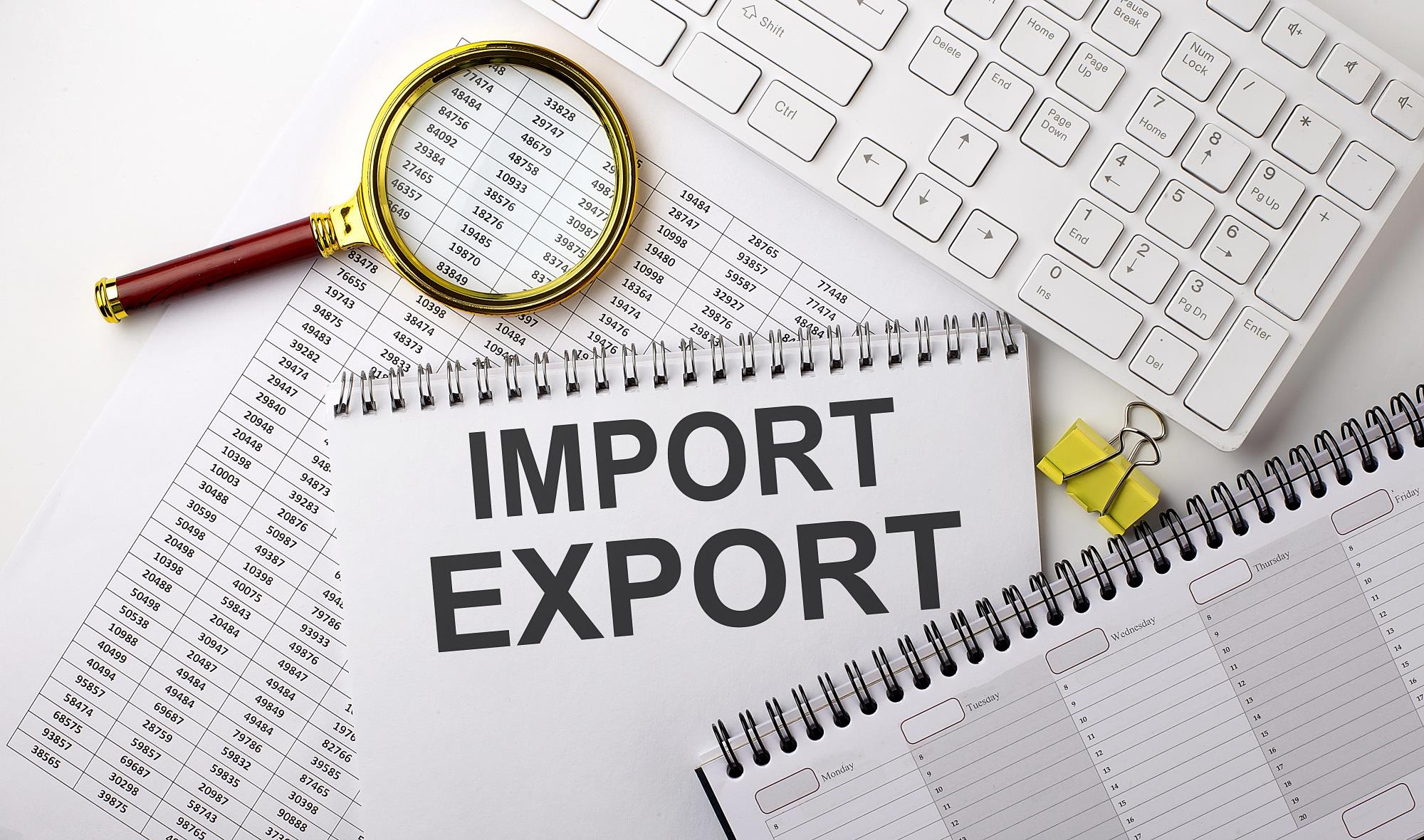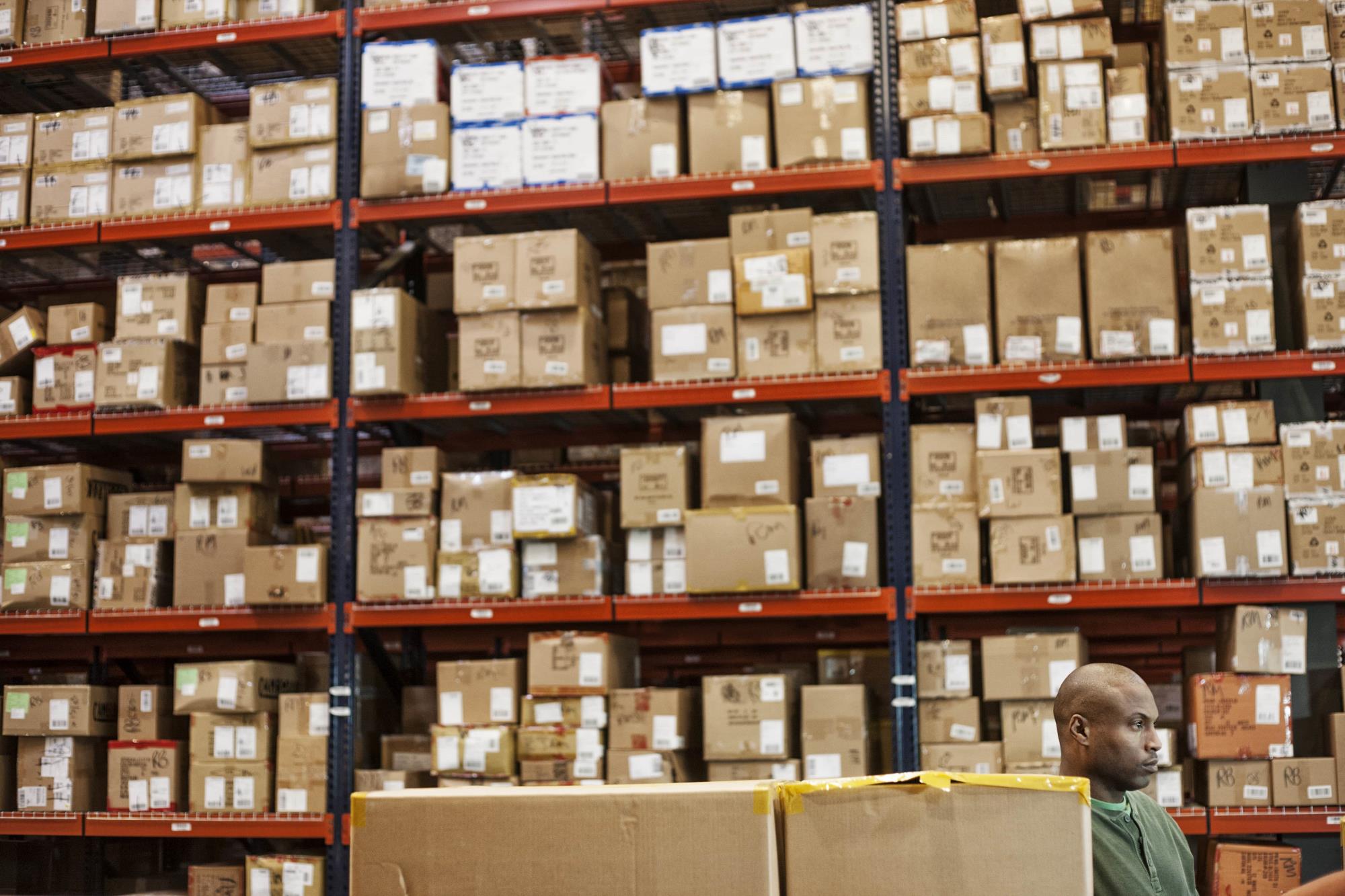How to complete a commercial invoice for shipping.
What is a Commercial Invoice?
It is a document required for international trade, issued by the seller to the buyer in an International transaction.
You need to complete a commercial invoice regardless of reason to ship, even if it is not a business transaction and is a fundamental document when moving goods Internationally via Airfreight, Sea freight and Road freight
Without a Commercial Invoice you cannot ship overseas!
This is because:
- There would be no proof of purchase or payment
- It is the basis for your Customs declaration
- It clearly describes the goods and their value
- It determines Customs duties to be paid
Without one, your shipment could be delayed and you could incur additional fees.
Here’s an example of what to include:
- From: Full address and contact details for the shipper
- Buyer details: Full address and contact details for the buyer
- Ship to details: If the ship to address is different to the buyers address (if buyer address and ship to address are different you should clearly state which of the two is the importer of record)
- Reason for shipping: Sale, Gift, Sample etc.
- Incoterms (The shipping terms)
- Clear description of the goods: Specific details about your products, quantity, weight, material, purpose and tariff code
- Goods value
- Details of any tariff preference that may be claimed and self-certified with a declaration on the invoice
A good commercial invoice should contain a clear and detailed description of the goods and their tariff code.
More shipments are held at Customs due to an inaccurate description of goods than for any other cause.
A good description on a commercial invoice answers these questions:
- What are the goods?
- What are they made from?
- What is there intended use?
- Is there anything which may be considered controlled, such as foodstuffs, cosmetics etc.?
Avoid vague descriptions such as “TV” and instead specify the type and model of the TV, for example Sony 52inch OLED Smart TV
Specify the correct value of the product and the right currency.
If Customs officials at the destination country have reason to believe the valuation is not correct this can be a reason for them to hold the shipment for further investigation which can cause delays and incur additional costs.
Remember to add a Harmonised Tariff code for every commodity you ship.
In accordance with the new Customs pre-arrival security and safety programme ICS2, launched by the European Union, it is now strongly recommended that you include the tariff code and recipient EORI number (where applicable) on the commercial invoice to help facilitate Customs clearance.
At Radius Warehouse & Logistic Services, we have been supporting clients in international shipments worldwide for over 25 years. If you have any questions or are interested in learning more about our freight forwarding services, to request a quote or for anything else please contact us here today.


